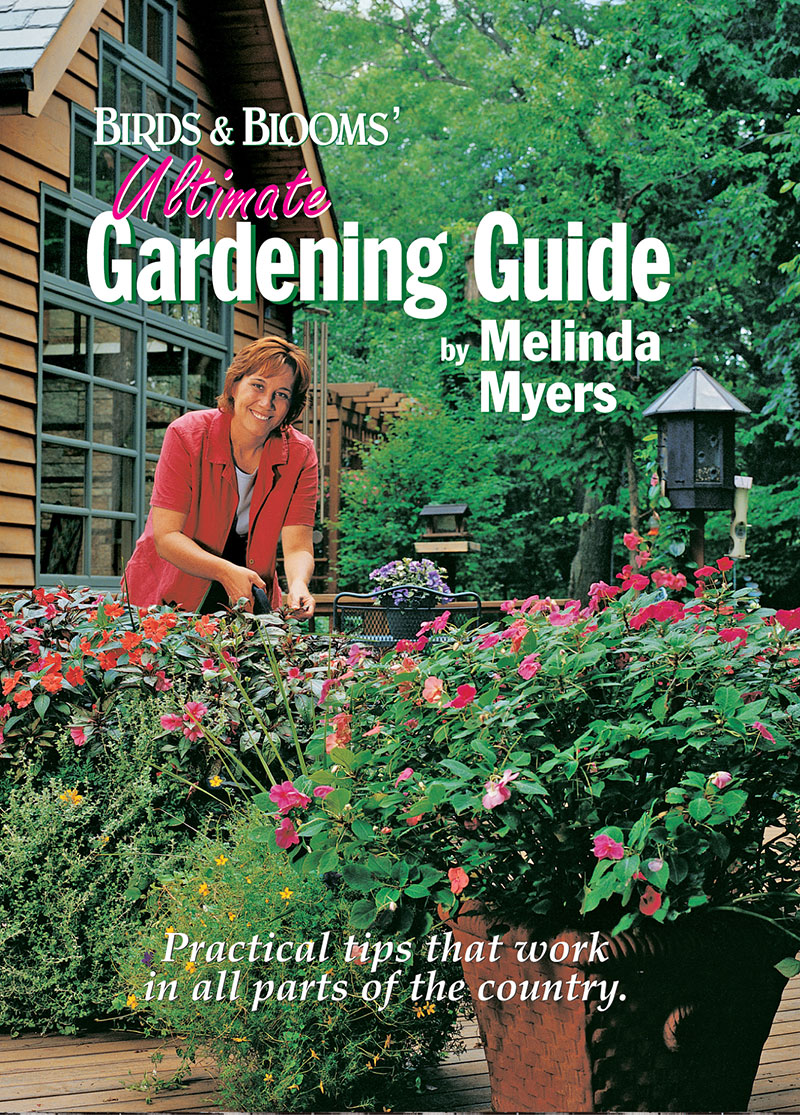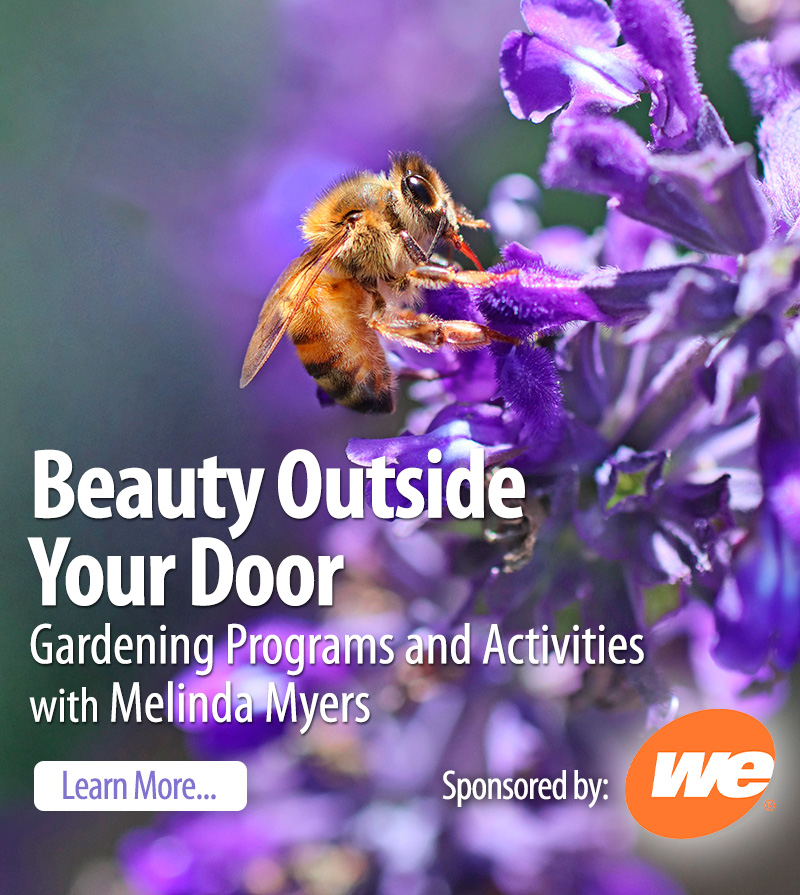Celebrate National Pollinators Week
Celebrate national Pollinator Week by lending a helping hand to bees, butterflies, beetles, birds and bats that help pollinate our gardens, so we have seeds, fruits and vegetables to eat.
Start by evaluating your garden. Make sure you have something blooming in the garden throughout the growing season. Select plants suited to your climate and growing conditions. If you need help selecting some of the better plants for pollinators, review the regional planting guides at pollinator.org.
Include trees, shrubs, parsley, dill and other plants the caterpillars feed upon. With a diversity of plants you can easily overlook the leaf damage.
Reduce or eliminate the use of pesticides that can harm the pollinators. Sanitation, barriers, traps, strong blasts of water and hand picking can help minimize pest damage. Soon you will find more birds, lacewings and lady beetles visiting your garden to eat the problem pests.
A bit more information: Encourage these and other beneficial insects to visit your garden. Predatory mites and wasps, lady beetles and lacewings feed upon troublesome garden pests. Consider planting some sedum, dill, alyssum, yarrow and columbine.
Categories
Upcoming Live Events
& Webinars
April 27, 2024
Ridges & Rivers Book Festival
Viroqua, WI
Register now
April 28, 2024
Flowering Trees and Shrubs
Ebert's Greenhouse Village, Ixonia, WI
May 1, 2024
FREE WEBINAR
Ornamental Fruits and Vegetables
Register now
May 4, 2024
Garden U 2024
New Richmond, WI
Register now
May 9, 2024
FREE WEBINAR
How to Plant Your Rain Garden
Register now
May 11, 2024
Ask The Plant Doctor Q & A
Ebert's Greenhouse Village, Ixonia, WI
May 12, 2024
Ask The Plant Doctor Q & A
Ebert's Greenhouse Village, Ixonia, WI
May 18, 2024
Ask The Plant Doctor Q & A
Ebert's Greenhouse Village, Ixonia, WI
June 1, 2024
Selecting, Planting, Pruning and Caring for Hydrangeas
Ebert's Greenhouse Village, Ixonia, WI
June 5, 2024
FREE WEBINAR
Under-Appreciated Pollinators
Register now
WATCH ON-DEMAND WEBINARS
Learn More










